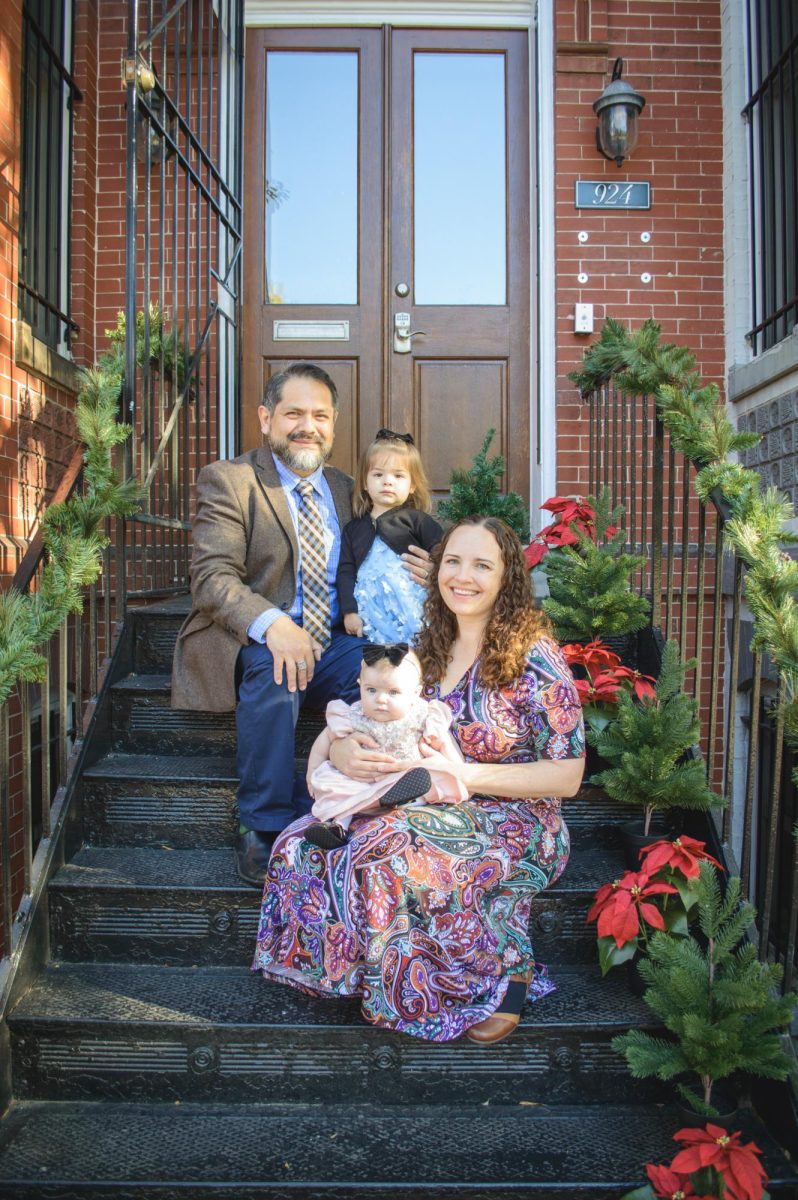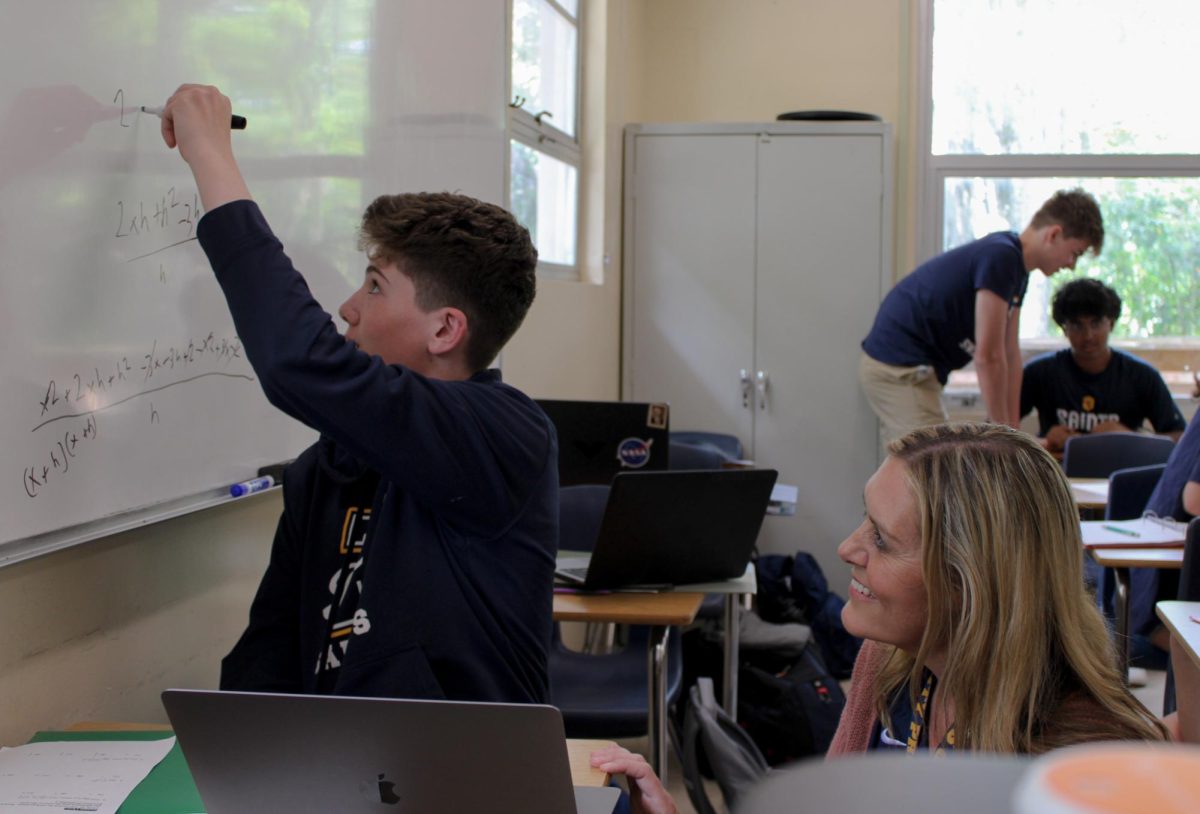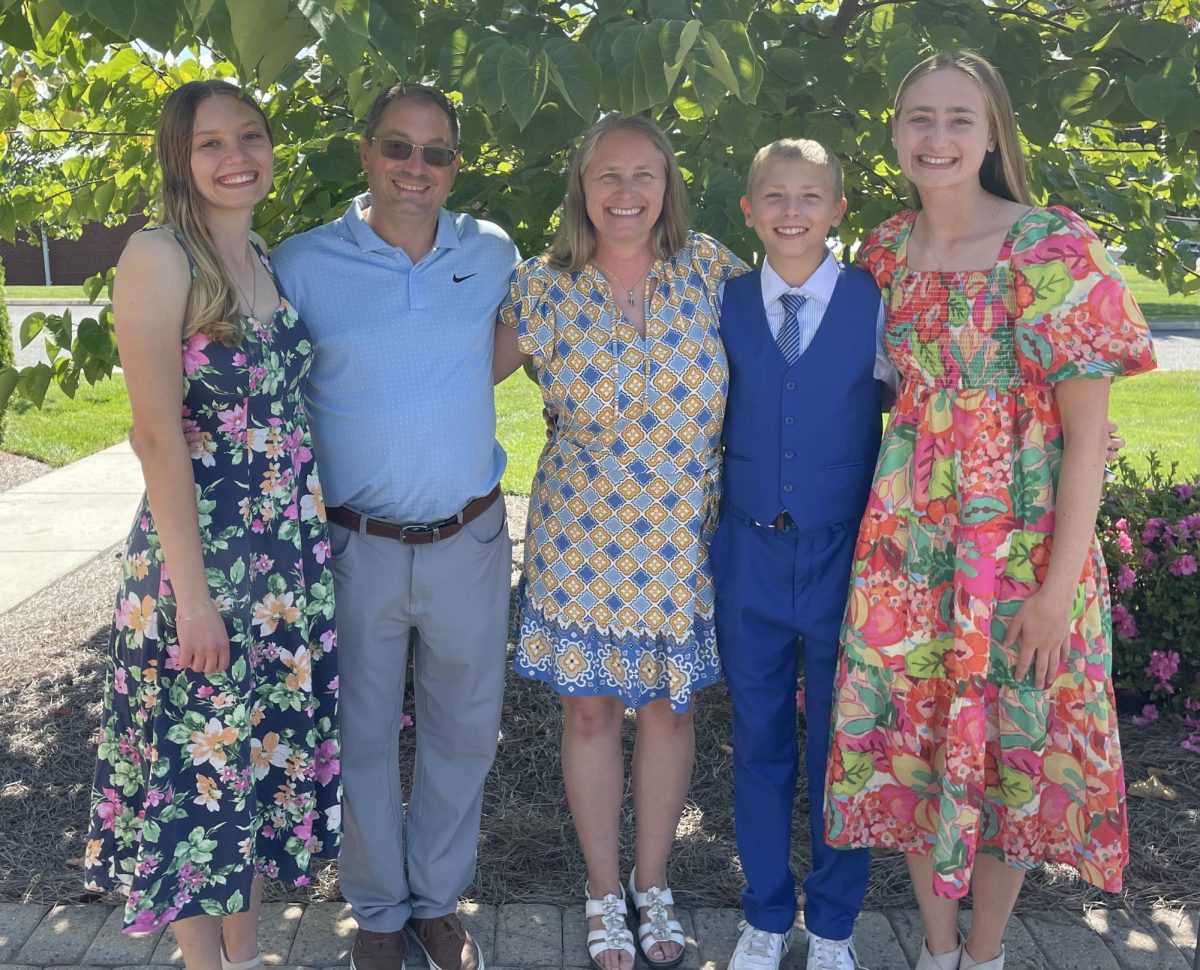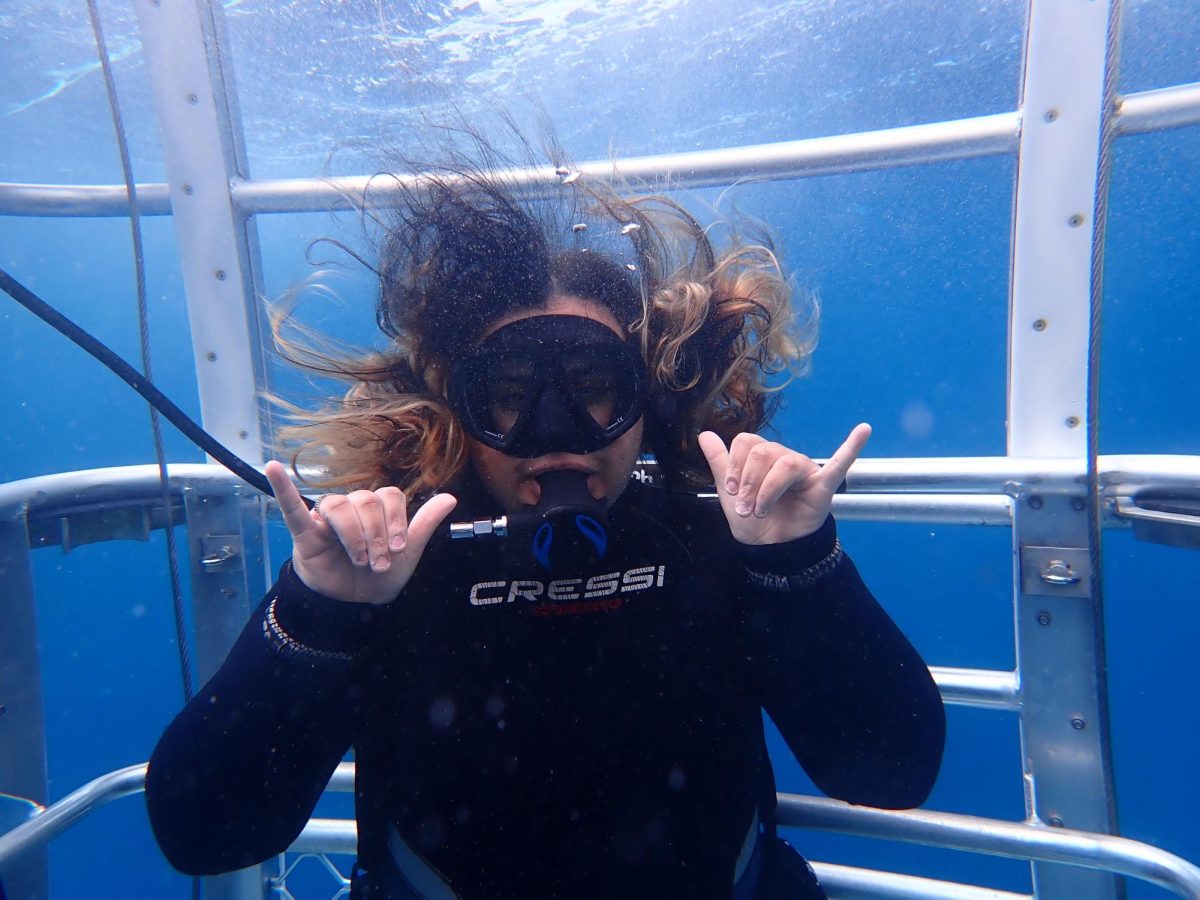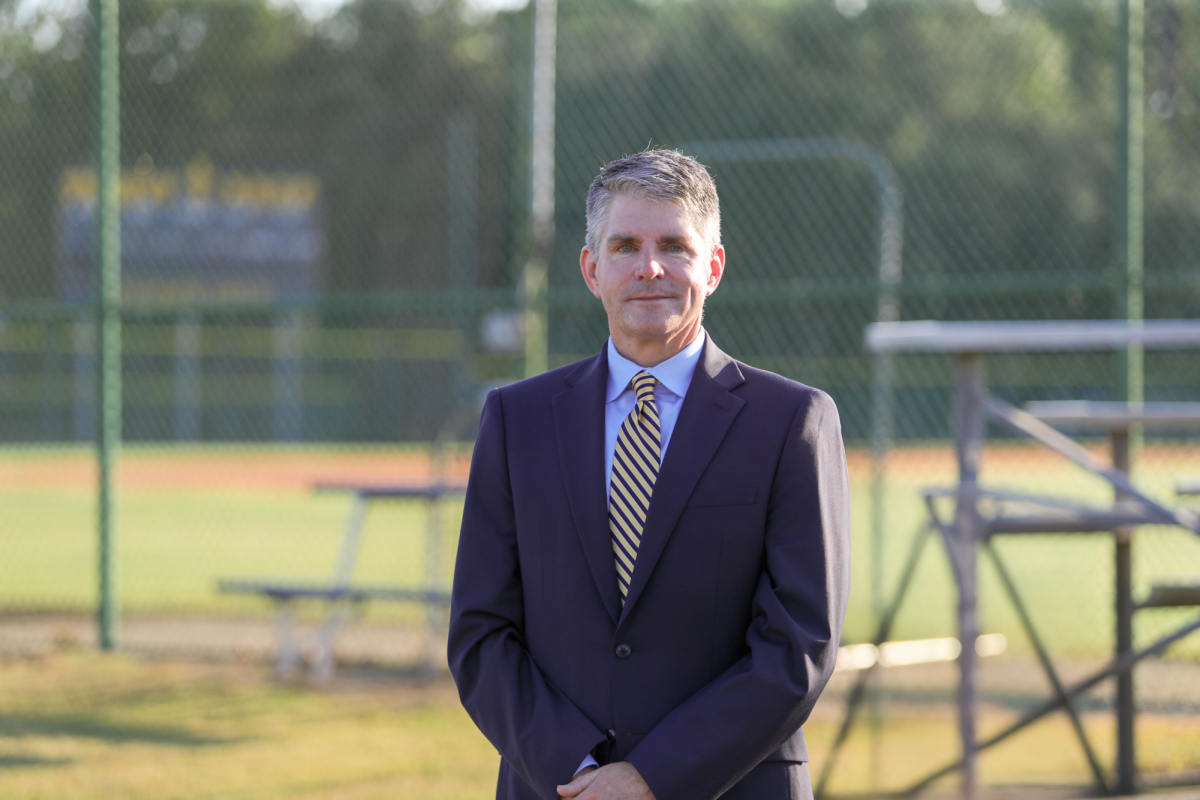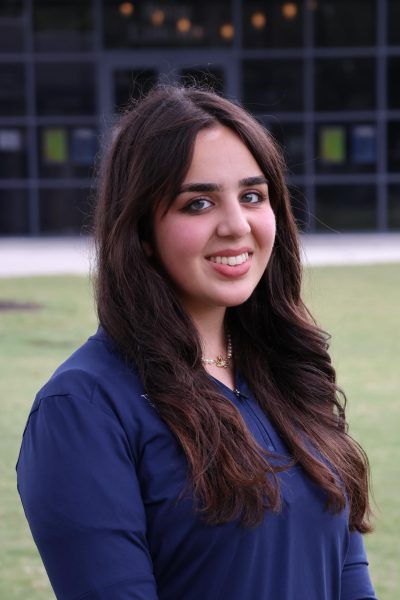Journeying from the picturesque landscapes of Vienna, Austria, sophomore Yizhao Chen is thrilled to be starting a new chapter as an international student at Trinity.
She was selected by the American Secondary School for International Students and Teachers (ASSIST) program to spend a year at Trinity in the U.S. With a curiosity for cultural exchange and an extensive background in bilingual education, Chen is excitedly diving into t
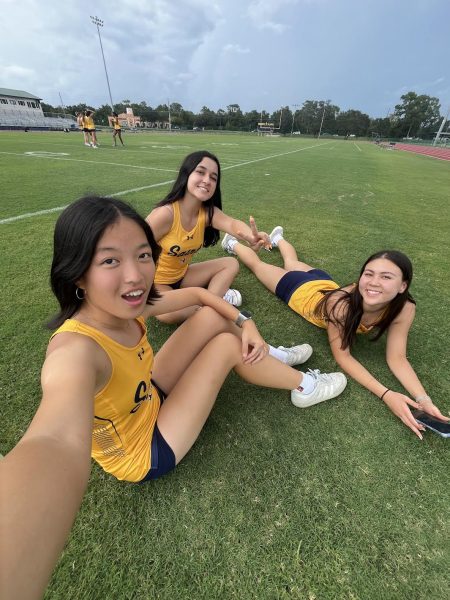
he American high school experience.
Chen attended Federal Secondary School in the 19th District of Vienna, a bilingual high school, which exposed her to a global environment.
“I have tons of friends who have American parents, so I’ve always wanted to do a year abroad,” Chen said. “America was my main choice because of the movies; you see life there, and it looks very interesting.”
Before arriving at Trinity, Chen discovered the ASSIST program through a chance encounter. Her school in Austria has an English library where students often hang out during breaks. One day, she found a yearbook report featuring a student from the school who had participated in the ASSIST program approximately five years earlier.
“The way [the student] described the school, it was a different school involved in the program, with the great facilities and the great teachers just really appealed to me.” Chen said.
World language teacher Bozena Lawson, who oversees Trinity’s ASSIST program, emphasized the initiative’s significance.
The ASSIST program benefits Trinity’s existing students as well as the ASSIST students. Lawson noted that the program’s goal at Trinity is to enrich the educational experience for all students.
“The program helps international students to immerse themselves in a new culture and educational system while also providing our local students with a broader perspective,” she said. “It’s a two-way exchange that benefits everyone involved,” Lawson said. “it [The ASSIST program] offers great exposure to diverse experiences and traditions.”
Chen is excited about the unique opportunities available at Trinity, such as the debate club and cross-country team—activities she had not experienced before.
“The debate team and sports are things I wouldn’t have had access to back home,” she said. “I’m also enjoying the support from the coaches. They are also understanding and pretty relaxed. If I’m ever missing a meet or a practice, because I have another obligation, they are really nice and understanding about it.”
Chen’s adjustment to Trinity has been a mix of excitement and challenge. While the language barrier was minimal, she found some differences in the daily schedule.
“The school day here is longer than back home, and getting up early for cross-country practice has been a challenge,” Chen said. “But I appreciate the many little breaks there are throughout the day.”
Little details have made a big difference in Chen’s experience in America. One of the most surprising differences for Chen has been the absence of front license plates on cars, which are mandatory in Austria.
“Some random little thing that was interesting to me is that all the cars here do not have license plates … on the front, which would be illegal in Austria, ” Chen said.
Academically, Chen has noticed a higher workload and more graded assignments compared to Austria’s system, where homework is not often graded for accuracy but for completion, with feedback on its quality. This shift requires Chen to invest more time and effort, but it has been overall, manageable for her.
Socially, Chen has found a very friendly and welcoming environment at Trinity.
“Everyone has been very friendly and accommodating to me.” she said, I’ve already built a really nice circle of friends.”
As Chen settles into life at Trinity, she’s looking forward to making the most of her time here.
“I found some great friends here who I feel like I can do really fun stuff with, so I’m really grateful about that,” Chen said. “But overall, I’m very excited. I’m looking forward to becoming more independent abroad and experiencing new things.”




